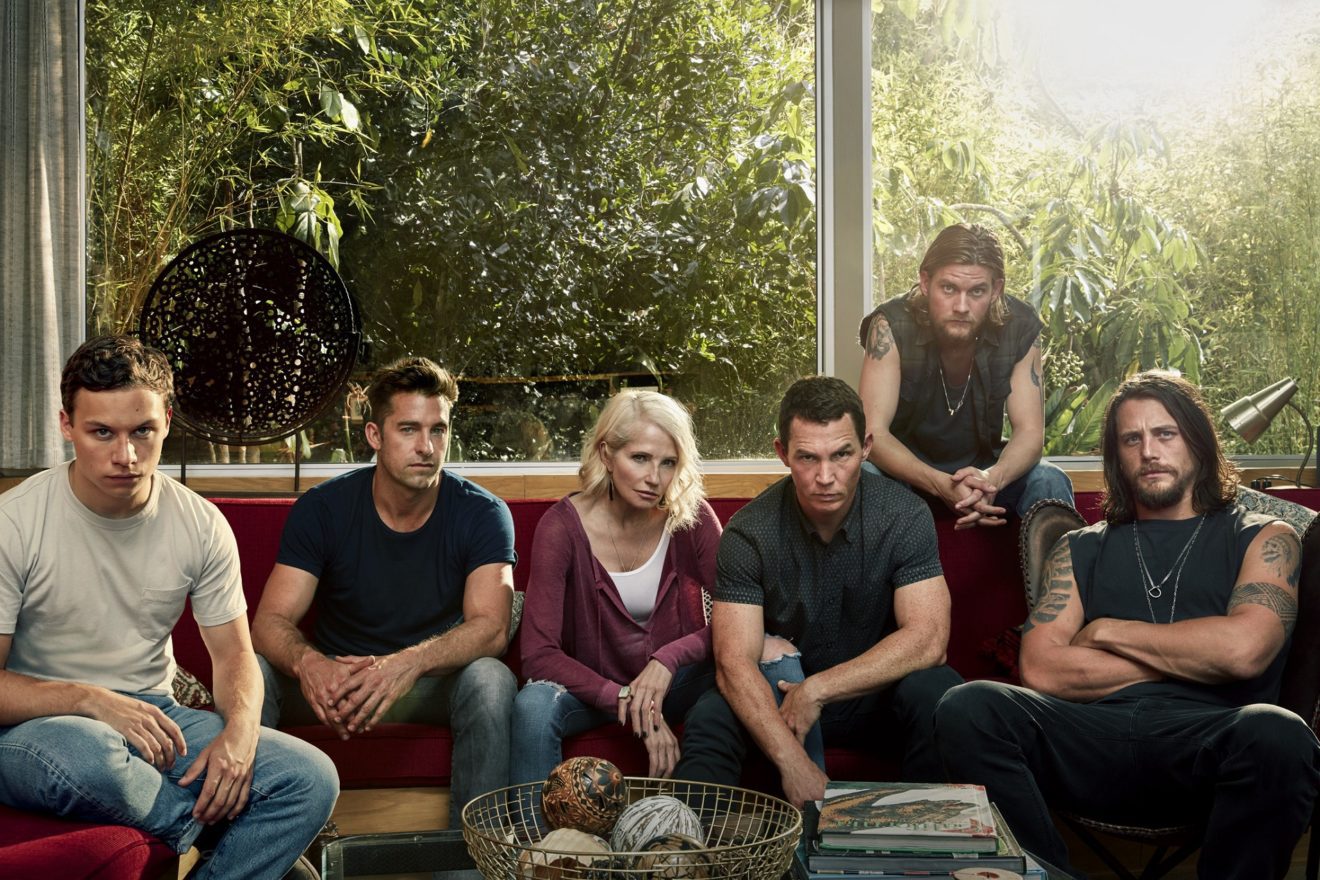Charlotte Church’s involvement in the concert to raise funds for the Middle East Children’s Alliance demonstrates her support for humanitarian efforts in Gaza.
However, her denial of being antisemitic after participating in a concert featuring the controversial chant “From the River to the Sea” indicates a need for sensitivity to the potential interpretations of such actions, especially given the contentious nature of the chant and its implications.
The use of the chant “From the River to the Sea” has been criticized by some, including the Campaign Against Antisemitism, who argue that it carries connotations of calling for the destruction of Israel.

This interpretation underscores the importance of understanding the broader context and potential implications of such chants, especially in sensitive political contexts like the Israeli-Palestinian conflict.
During an Instagram Live video on Monday, Church said:
“Just to clarify my intentions there, I am in no way antisemitic. I am fighting for the liberation of all people. I have a deep heart for all religions and all differences.
“It was a beautiful, beautiful event. But unfortunately, the powers that be can’t have that. [They] can’t have such a powerful symbol of resistance as what we worked towards on Saturday.”
Church said she:
“hates the idea that anybody thinks I am at all antisemitic or trying to make things more divisive”.
The singer added:
“But I stand by everything that we sang on Saturday, it was really beautiful.
“It was an inter-generational choir from all over the country, it was a deeply spiritual experience for me and I would do it again 100 times and plan to.”
Palestinian activists assert that the chant “From the River to the Sea” symbolizes the pursuit of freedom, equality, and justice for all Palestinians, rather than advocating for the destruction of Israel.

This perspective highlights the complexity of interpretations surrounding political slogans and underscores the need for nuanced dialogue and understanding in discussions surrounding the Israeli-Palestinian conflict.
The description of the chant “From the River to the Sea” as being “open to an array of interpretations, from the genocidal to the democratic” reflects the diverse ways in which it has been understood since its emergence in the 1960s.
This variability in interpretation underscores the complexity and sensitivity surrounding slogans and symbols in the context of the Israeli-Palestinian conflict, highlighting the importance of considering historical, cultural, and political contexts when engaging in discussions about such topics.
Church said:
“Clearly, if you know the history of it all, [it is] not an antisemitic chant calling for the obliteration of Israel. It is not that in any way shape or form. It is calling for the peaceful coexistence of Israelis and Palestinians.”
She added that:
“lots of other beautiful songs … of liberation and freedom” were performed at the event, including from the South African anti-apartheid movement, “the lyrics of which were adapted to the situation in Palestine”.
Charlotte Church’s emotional response to the Israel-Gaza conflict on social media reflects her deep concern and engagement with issues of social justice and humanitarian crises.
Her statement about facing criticism for discussing important matters highlights the challenges that public figures often encounter when expressing their views on contentious topics, demonstrating the complexities of navigating public discourse on sensitive issues.
She said:
“Each time I place my head above the parapet, I’m mocked and made to feel stupid and small. Being compliant would be easier, to mind my own. But that’s not what I’m on this earth for.”





